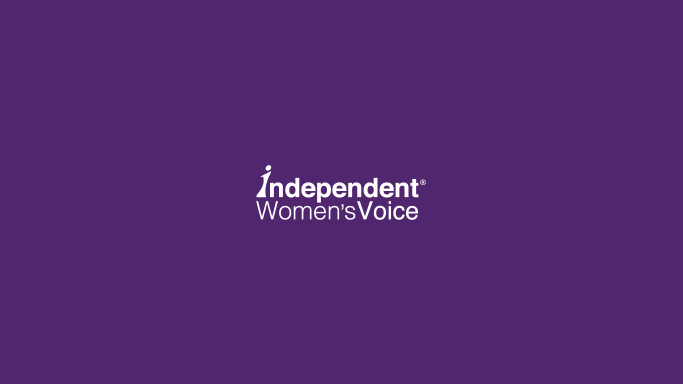by: Bill Pascoe
For weeks now, the Democratic congressional leadership and its allies in the White House have been trying to convince recalcitrant back-benchers (and more than a few front-benchers) that voting for the Senate version of health care reform legislation would not be the biggest act of mass suicide since followers of a radical religious messiah invented the phrase “drink the Kool-Aid” in a place called Jonestown.
To make this argument, they’ve relied on their reading of various public opinion polls’ “internals” — the responses to questions that usually aren’t considered newsworthy enough to warrant discussion in polite company.
Not for them the toplines of the public surveys; no, for them, one must go deep inside a poll to see what others cannot.
For example, White House adviser David Axelrod, appearing yesterday on ABC’s “This Week,” responded to host Jake Tapper’s question, “But according to the polls, the American people do not agree with what you think — ” thusly:
The polls are split, Jake. I mean, one of the interesting things that has happened in the last four or five weeks is that if you look at — if you average together the public polls, what you find is that the American people are split on the top line, do you support the plan? But again, when you go underneath, they support the elements of the plan. When you ask them, does the health care system need reform, three quarters of them say yes. When you ask them, do you want Congress to move forward and deal with this issue, three quarters of them say yes. So we’re not going to walk away from this issue.
It’s an artful dodge, worthy of Jack Dawkins.
But a new poll from Kellyanne Conway’s the polling company, inc./WomanTrend, commissioned by Independent Women’s Voice — the qualified 501(c)(4) arm of the Independent Women’s Forum — raises serious doubts about Axelrod’s claims.
The poll went where no other public survey has yet gone — right into the House districts of 35 targeted Democrats, 20 of whom had voted “Yea” on health care reform last November, 15 of whom voted “Nay.” Each is considered a target for suasion efforts, and it is in their districts that the battle is now being waged, one radio ad and one billboard at a time.
And what did the survey find?
When presented with five different options and asked what should Congress do next on health care reform, the single largest group (40 percent) said “Congress should start from scratch with a bipartisan proposal,” while the second-largest group (20 percent) said Congress should “stop working on healthcare legislation this year.”
Contrary to Axelrod’s declaration that the tide of momentum has shifted in favor of his favored reform effort, the survey showed otherwise. Asked “Has what what you’ve seen, read, or heard about healthcare reform over the last week to 10 days made you more supportive or less supportive of healthcare legislation being considered in Washington?” 29 percent said they were more supportive, while a whopping 55 percent said they were less supportive. Worse for Axelrod, 42 percent said they were much less supportive.
In a question aimed right at the heart of wavering Democrats, balancing their party leadership’s demands against their own priority — to wit, reelection in November — the survey asked, “Would you be more likely to vote for or vote against a candidate who opposesthe current version of healthcare reform and wants to start over?” Fully 60 percent of the sample responded that they would be more likely to vote for the candidate who opposed the current legislation — and 38 percent would definitely vote for that candidate. Just 32 percent said they would vote against the candidate who opposed the current bill.
And this is a survey that was taken across 35 congressional districts controlled by Democrats.
Then survey respondents were then given three scenarios about how their Member of Congress had voted in the past, and how he might vote in the future:
- He voted against healthcare reform in November, and votes for healthcare reform next time through
- He voted for healthcare reform in November, and votes against healthcare reform next time through
- He voted against healthcare reform in November, and votes against healthcare reform next time through
The Member of Congress who voted against the legislation in November and votes against it next time has the most to gain — 58 percent said they would be more supportive, against only 34 percent less supportive.
The Member of Congress who voted for the legislation in November and votes against it next time begins to salvage his chances for reelection — 49 percent said they would be more supportive, against 40 percent who said they would be less supportive.
But the Member of Congress who voted against the bill in November, and then voted for it next time? That Member is a dead man walking — fully 61 percent of survey respondents said they would be less supportive, against a paltry 29 percent who said they would be more supportive.
The question these Members must ask themselves is simple: Am I dependent on the Democratic leadership for my job, or my constituents?
Independent Women’s Voice has given them their answer. But will they listen?

